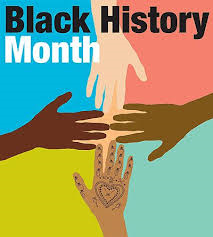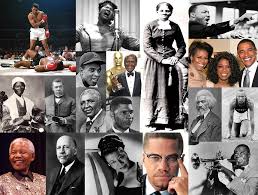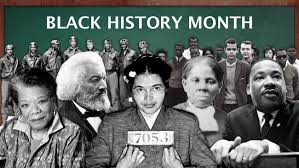
Sunday Most Racially Segregated
February 1, 2015
Strengthening The Black Family
February 10, 2015By Janice S. Ellis, Ph.D., Kansas City, MO —
Black history month should be abolished and the focus should be on correcting history books instead, along with the many other disparities that institutionalized and systemic racism in education breeds. Black History month as a corrective measure is like applying a Band-Aid here and an aspirin there to cure a virulent cancer.
Institutionalized racism is so prevalent and entrenched — even invisible in many ways–in our schools from kindergarten to college.
At the primary and secondary level, institutional racism is evident in many ways: how resources are allocated, how students are assigned to learning tracks and teachers, and how we continually push a curriculum with a scarcity, or even worse, almost the complete absence of black authors, inventors, scientists and other contributors to American history. That is, until Black history month rolls around.

Abolish Black History month and correct American history books. Photo Credit: socialmediadelivered.com
Black history month is a feeble attempt at filling this void in our educational system, a poor effort at best to set a distorted record straight about the many, many contributions made by African-Americans in building America. An exhibit here, a forum or program there just doesn’t do the history of a race of people justice.
What other ethnic group has to carry the burden of trying to do justice to its history in a mere month?
Perhaps, if we are willing to fully confront the ugliness of institutionalized racism in education and take some systemic actions for lasting change, there may come a time when there will no longer be a need for a black history month or affirmative action for that matter.
Abolish Black History Month
We will have arrived at a point where we chronicle and commemorate the contributions of all Americans in the same history books, taught to all school children. We will insist that all schools have qualified teachers and all students will have access to the resources and technological tools that will prepare them. Then, they can build a quality life and compete fairly and equally for jobs, and any other opportunity that being an American affords.
Sadly, that day is not today. Efforts to improve education must continue on multiple fronts, from correcting the content of the books used in the classroom, to educating the community at-large about omissions and distortions in America’s past when it comes to race, to taking legal measures to ensure that everyone who is qualified have equal access to entering an institution of higher learning.
If not corrective actions from grade school through college, what should be done to create and maintain an equal playing field in the area of achieving a quality education for all?
Making sure all of our books – from Art to Zoology – include and reflect the contributions of black Americans, and not just giving lip service to it one month out of the year will be the only thing to bring about lasting change.
Abolish Black History month. It could be the needed action to bring about real change.
Feature photo credit: euclidlibrary.org






